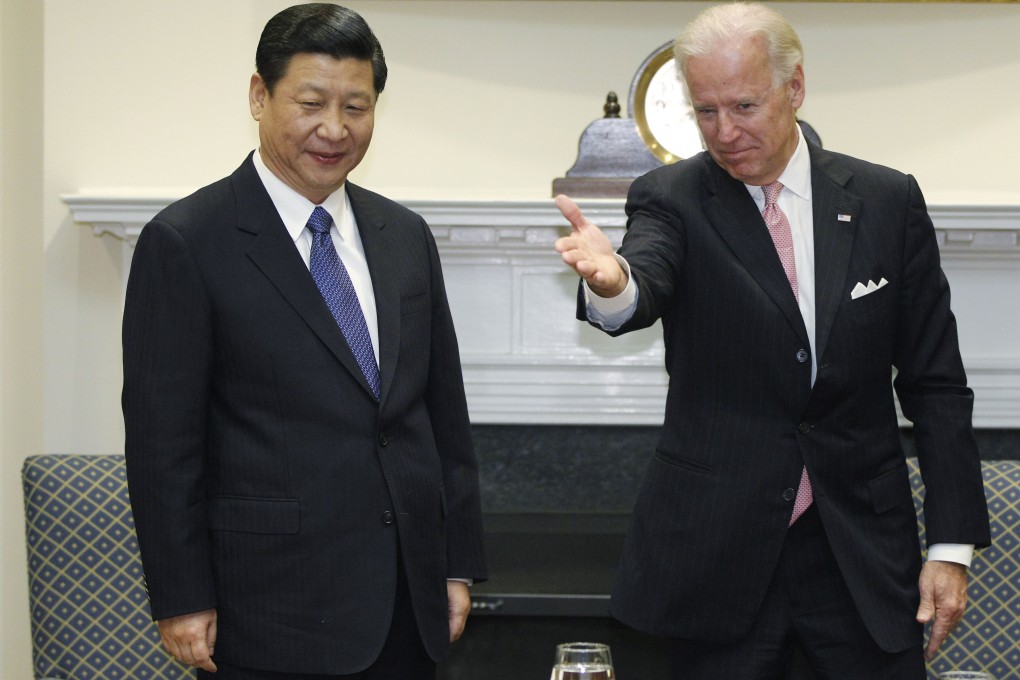How Joe Biden’s victory could entice Wall Street to increase investments in Chinese markets
- As China’s middle class continues to grow, the prospect of taking part in Chinese wealth management will become increasingly important to international institutions, analysts say
- Economic strains between the United States and China may be harder to resolve if president-elect Joe Biden opts to take a hard line on human rights and other hot-button issues

Biden’s stance on China is far from certain for now, but his administration – set to begin with his swearing-in as president of the United States on January 20 – is less likely to use tariffs as a negotiating tactic while being more aggressive in engaging with Beijing on deeper structural issues such as creating a level playing field for foreign firms and better protecting intellectual property (IP), analysts said.
“Biden’s party represents the interests of top American corporates, financial firms and hi-tech companies, so he is more likely to push China on reforms,” said Sheng Liugang, an associate professor with the Department of Economics at the Chinese University of Hong Kong. “As China opens up, American banks will be especially eager to enter, because the US’ strength is in finance.”